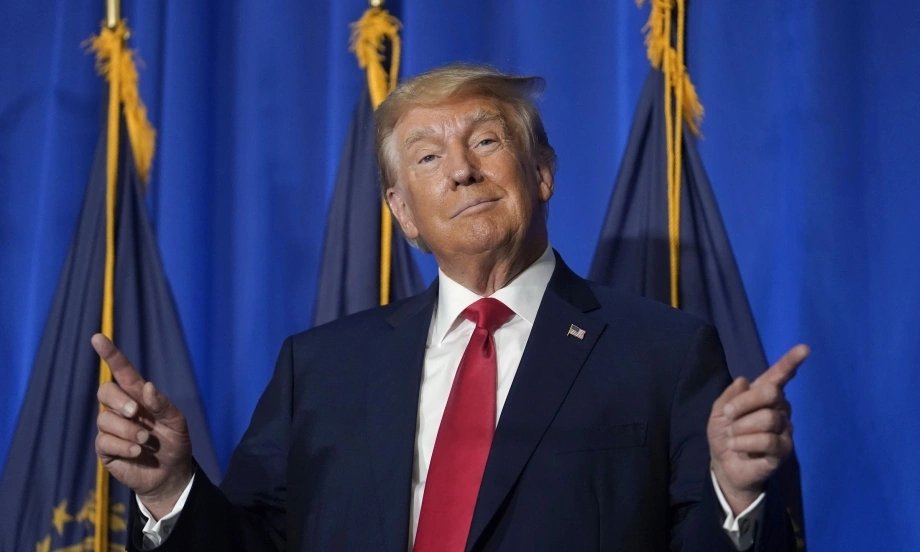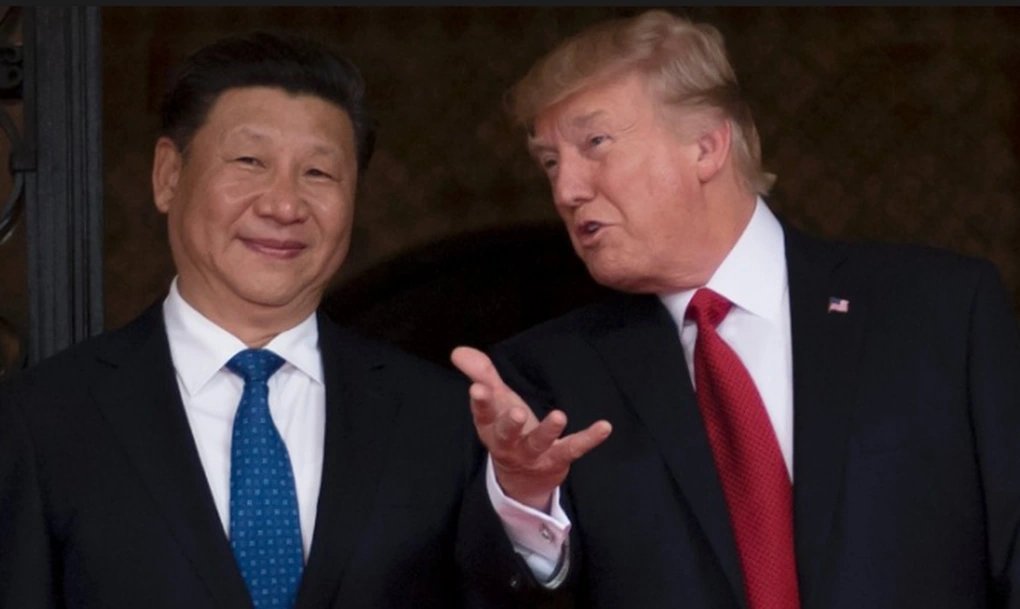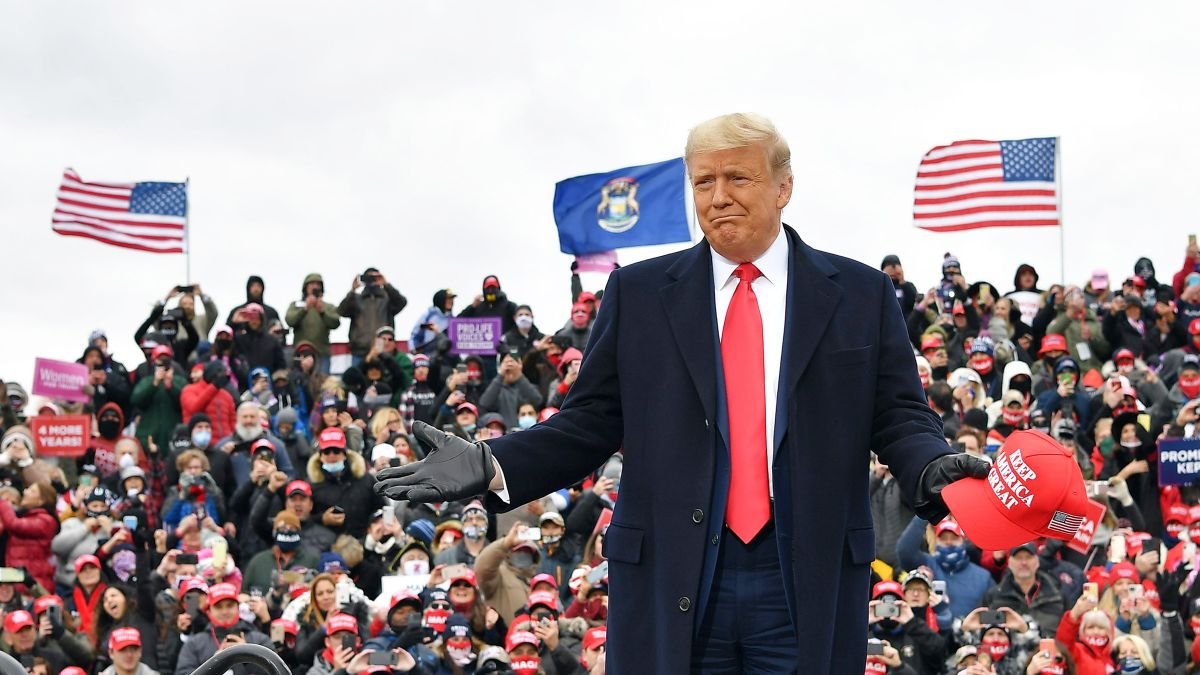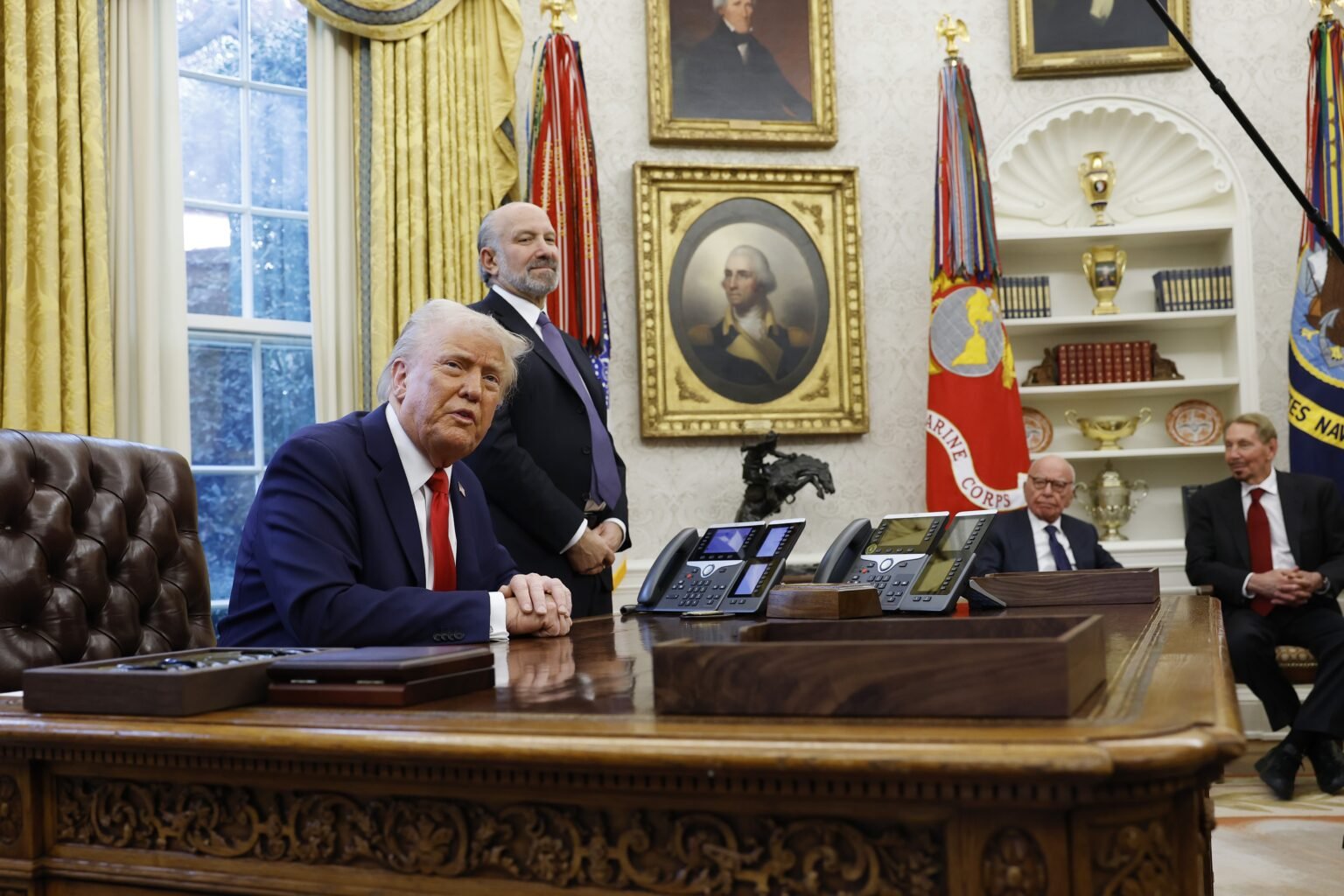In a controversial yet characteristic move, former President Donald Trump has once again sent shockwaves through both Hollywood and the international entertainment community. Trump’s latest proposal? A 100% tax on all foreign-produced films distributed within the United States. While supporters tout it as a bold step to rejuvenate American cinema and protect domestic jobs, critics are labeling it as an act of cultural isolationism and economic recklessness.
This sweeping policy, if implemented, could fundamentally change the entertainment landscape—not just in the U.S. but across the globe. The proposal raises a multitude of questions: Will it spark a renaissance in American filmmaking? Could it provoke retaliatory tariffs from other countries? And what does it mean for audiences who crave global stories and diverse perspectives?
Trump’s Vision: Reviving American Culture Through Cinema

Donald Trump’s reasoning for the proposed tax is grounded in his long-standing “America First” philosophy. According to Trump, American culture has been “diluted” by an influx of foreign narratives and foreign-produced content. In his recent statement, he declared, “American families deserve to see stories that reflect their values, their heritage, and their greatness—not the propaganda of foreign nations.”
The former president argues that Hollywood, once a global powerhouse of American pride and identity, has become too reliant on international productions. He believes that by imposing a 100% tariff on foreign films, American filmmakers will be forced to re-invest in homegrown talent, creativity, and storytelling. From Trump’s perspective, this is not merely an economic policy but a cultural revolution.
The Numbers: Just How Dependent is the U.S. on Foreign Films?
While the U.S. remains a dominant player in the global film industry, the influx of foreign films—especially from countries like South Korea, France, India, and China—has increased in recent years. Platforms like Netflix and Amazon Prime have made foreign content more accessible than ever, exposing American audiences to global perspectives and artistic diversity.
Data from the Motion Picture Association reveals that foreign films account for approximately 15-20% of all theatrical releases in the United States annually. While that number may seem small, the revenue and cultural impact are substantial, especially among niche audiences and critics who value artistic innovation.
A 100% tax on these imports would significantly raise ticket prices and limit theatrical distribution, potentially pushing foreign films out of the American market altogether.
Hollywood Reacts: Outrage, Fear, and Strategic Retrenchment

Unsurprisingly, Hollywood’s reaction has been one of collective outrage and anxiety. Many top executives from major studios, including Warner Bros., Paramount Pictures, and Netflix, have expressed strong opposition to the proposed tax. The Directors Guild of America (DGA) and the Screen Actors Guild‐American Federation of Television and Radio Artists (SAG-AFTRA) have also condemned the proposal, citing its potential to damage international partnerships and limit creative freedom.
A prominent Hollywood director, who asked to remain anonymous, stated, “Trump’s policy is not just anti-globalization—it’s anti-creativity. Storytelling knows no borders, and this tax is a direct assault on that principle.”
Some studios have reportedly begun reassessing their co-production agreements with international partners and are considering relocating planned international shoots back to the U.S., a costly and complex endeavor.
The Economic Ripple Effect: Domestic Boost or Global Trade War?
While Trump supporters argue that the tax will bring jobs back to the U.S. and strengthen the domestic film economy, economists warn of broader repercussions. The film industry is intricately tied to international markets, both for talent acquisition and distribution. The proposed tax could disrupt the flow of capital, talent, and creativity across borders.
Moreover, foreign governments may retaliate by imposing their own tariffs on American films. Countries like India, the U.K., and South Korea, where American blockbusters routinely dominate box offices, may view Trump’s policy as economic aggression.
A trade war in the entertainment sector could cost the U.S. billions in revenue and jeopardize America’s soft power—its ability to influence global opinions through cultural exports.
A Cultural Setback? Global Audiences Speak Out

Beyond economics and politics, the Trump proposal has ignited a cultural debate. Many American filmgoers, especially younger demographics, have embraced foreign films and series. From the Oscar-winning South Korean film _Parasite_ to the global success of Netflix’s _Money Heist_ and _Lupin_, there’s an undeniable appetite for diverse storytelling.
Critics argue that banning or taxing these works undercuts cultural education and mutual understanding. “Art should build bridges, not borders,” says an open letter signed by over 300 filmmakers and actors worldwide.
Meanwhile, American indie cinemas and international film festivals fear they will no longer be able to afford screening foreign content, thus limiting the diversity of their programming and educational offerings.
National Security and Propaganda Concerns
Trump’s proposal is also laced with national security rhetoric, warning that foreign films often carry hidden propaganda designed to “influence the minds of our children and undermine American greatness.” While this claim lacks hard evidence, it resonates with voters who are skeptical of globalism and concerned about cultural identity.
Supporters of the tax believe that restricting foreign influence in media is as vital as securing borders or protecting industries like steel and agriculture. They argue that foreign governments—particularly authoritarian regimes—use cinema as a tool of soft infiltration, subtly injecting values at odds with American democracy.
Whether this concern is legitimate or a case of political paranoia remains a hotly contested issue.
Legal Hurdles and Constitutional Debates

Legal experts question whether the proposed tax would withstand scrutiny under U.S. law and international trade agreements. The U.S. is a signatory to multiple World Trade Organization (WTO) agreements that prohibit discriminatory treatment of foreign goods and services.
Moreover, the First Amendment could pose challenges. By imposing a financial penalty on foreign films—many of which address political, religious, or cultural issues—the policy could be seen as a violation of free speech and expression.
Litigation is almost certain if the proposal advances beyond the policy stage, and legal analysts predict a fierce battle in federal courts.
Public Opinion: A Nation Divided Over Entertainment
The American public appears sharply divided on Trump’s proposal. A recent national poll found that 45% of respondents support the tax, citing national pride and economic self-reliance, while 48% oppose it, pointing to concerns over censorship and higher ticket prices. The remaining 7% remain undecided.
Among Trump’s base, especially in rural areas and conservative states, the policy is hailed as a much-needed cultural correction. In contrast, urban areas and younger demographics view it as authoritarian and backward-looking.
This divide highlights the growing cultural rift in America, where even movies and entertainment are becoming battlegrounds in broader political wars.
Alternative Solutions: Can American Cinema Compete Without Tariffs?

Some industry analysts suggest that rather than taxing foreign films, the U.S. should invest more in domestic talent and infrastructure. Subsidies for independent filmmakers, grants for diverse voices, and educational programs in underserved communities could revitalize American cinema without resorting to protectionist policies.
Additionally, rethinking distribution strategies, particularly in the digital space, could help American films regain global competitiveness. Quality storytelling, they argue, should be the focus—not isolationist policies.
Conclusion: Cinema at the Crossroads
President Donald Trump’s proposal to impose a 100% tax on foreign-produced films has ignited a fierce debate that spans economics, culture, politics, and law. While aimed at protecting American cinema and national identity, the policy risks alienating allies, stifling creativity, and inciting global backlash.
Whether this proposal gains traction or fizzles out under legal and public pressure remains to be seen. What is certain, however, is that the world of cinema is now at a crossroads—torn between nationalism and globalism, protection and openness, tradition and innovation.
In an era where streaming services connect the world through stories, the question lingers: Should America close the curtain on foreign films—or let the show go on?
